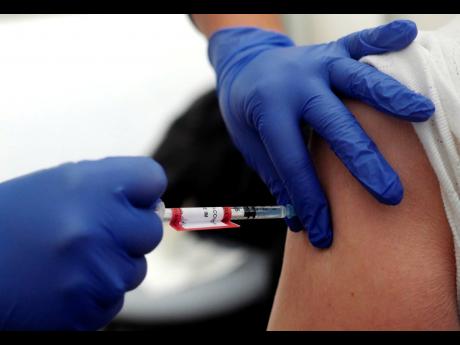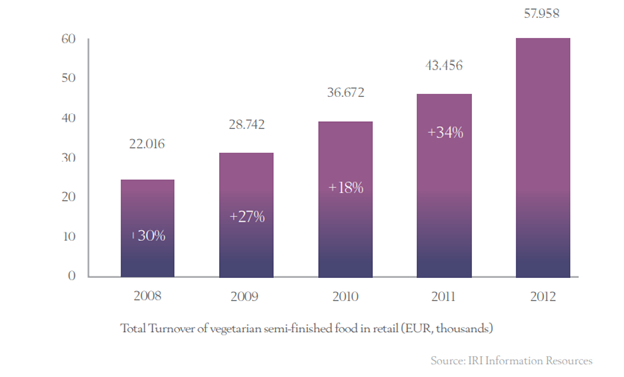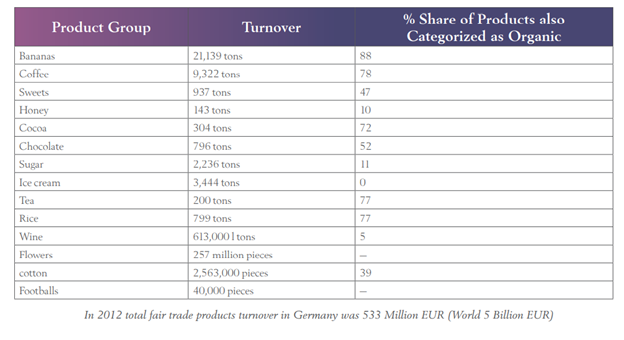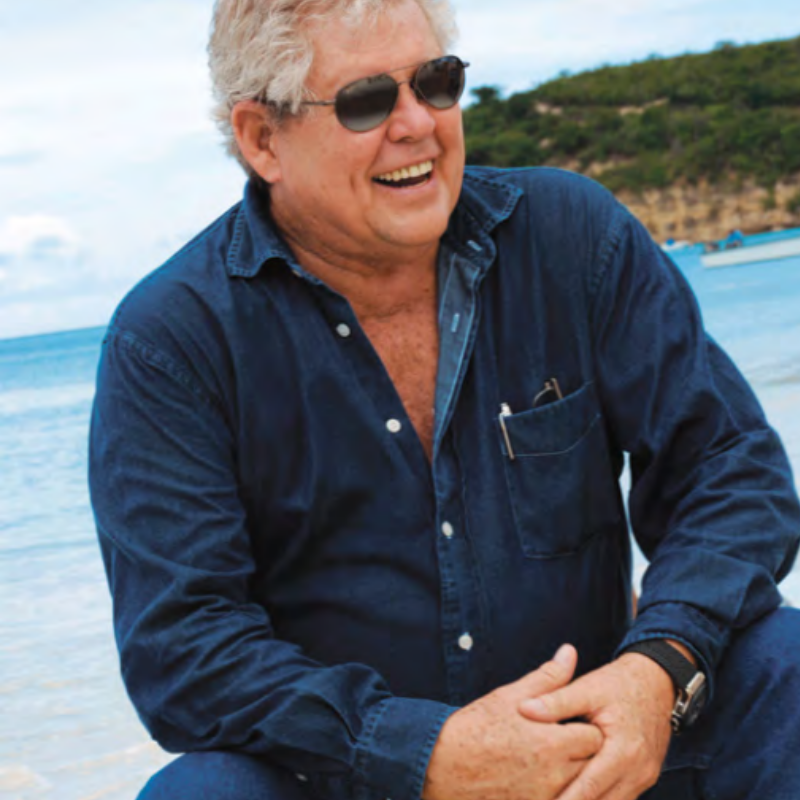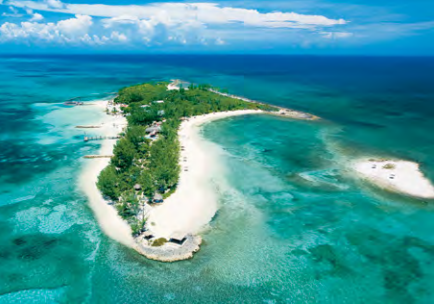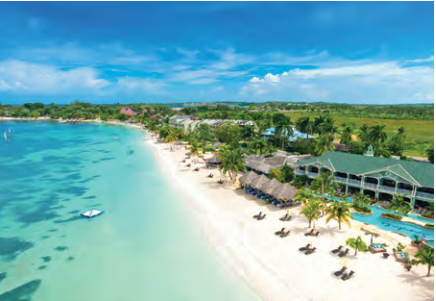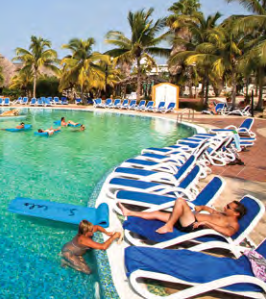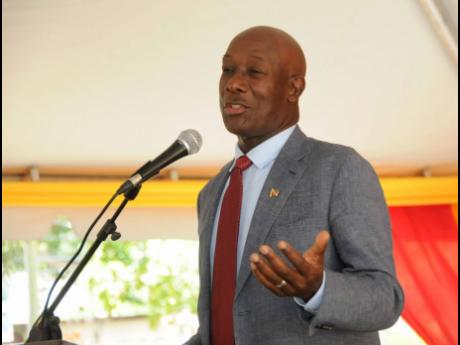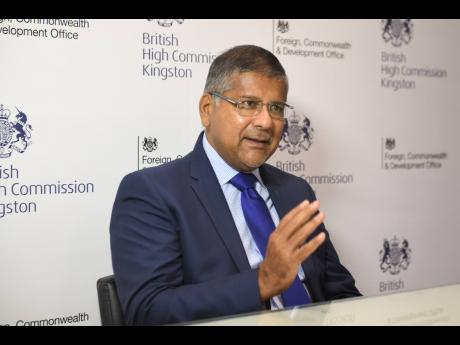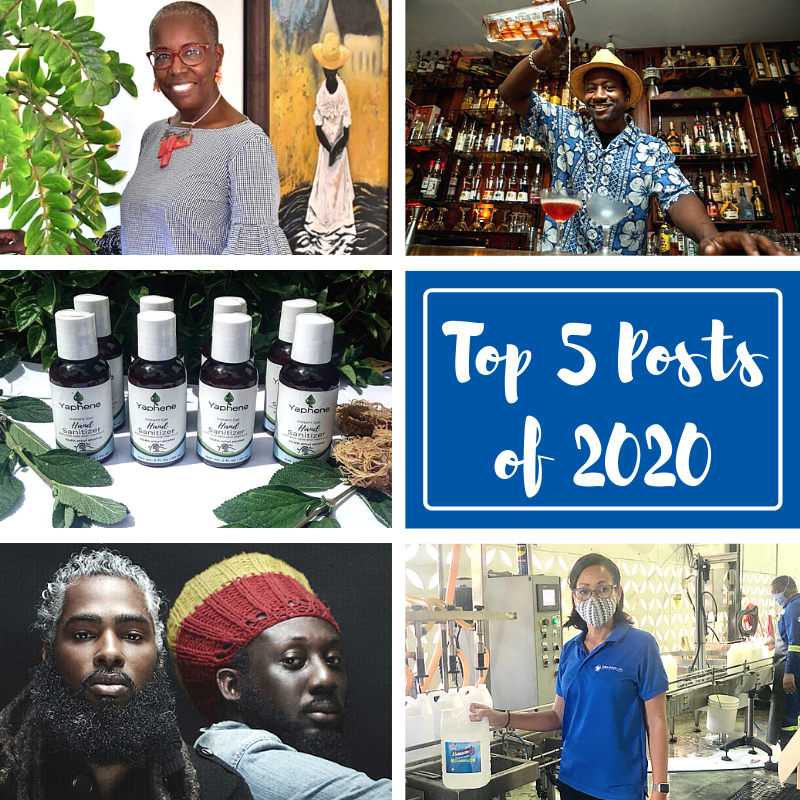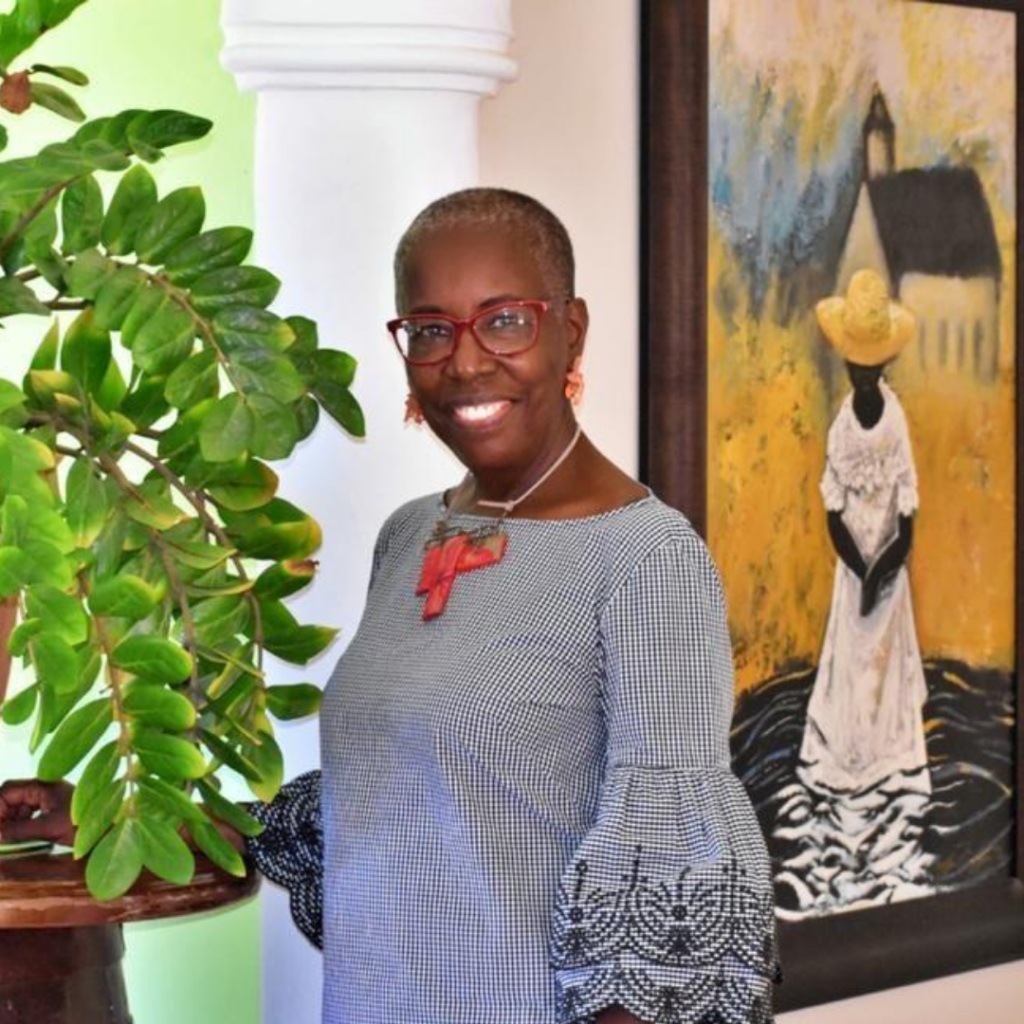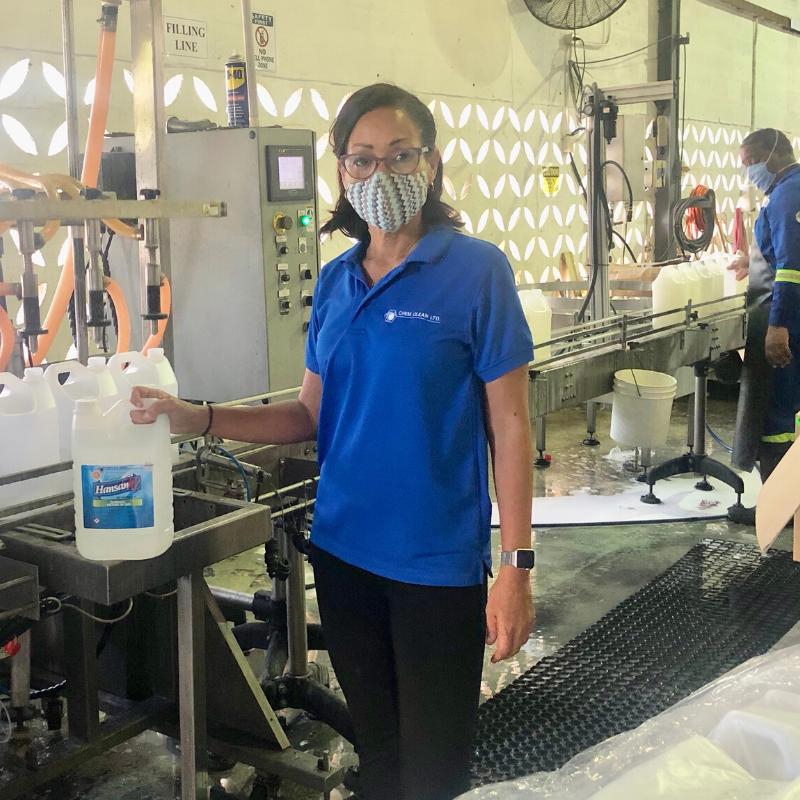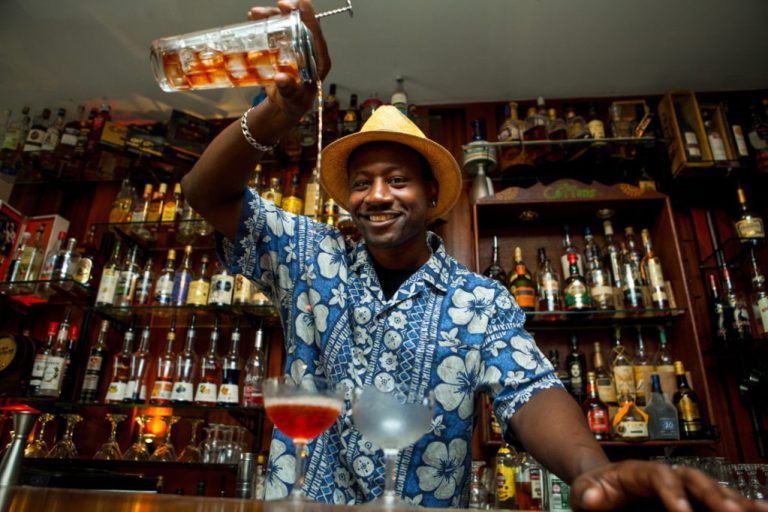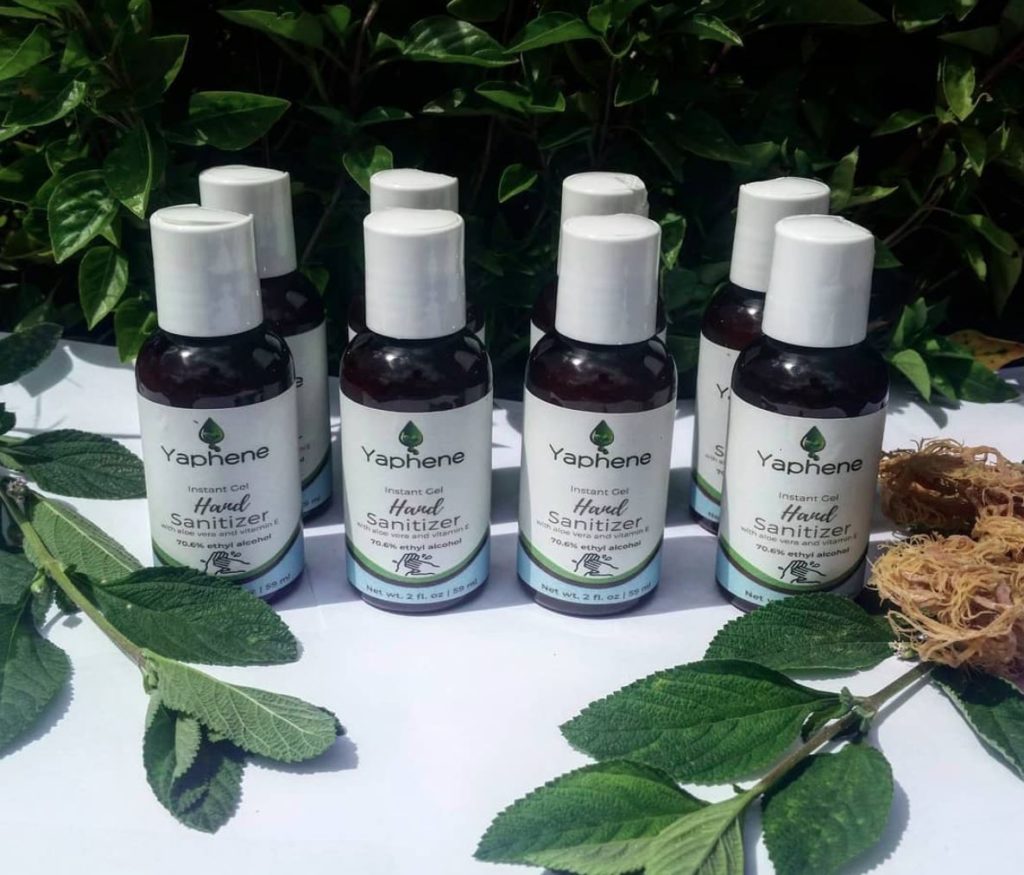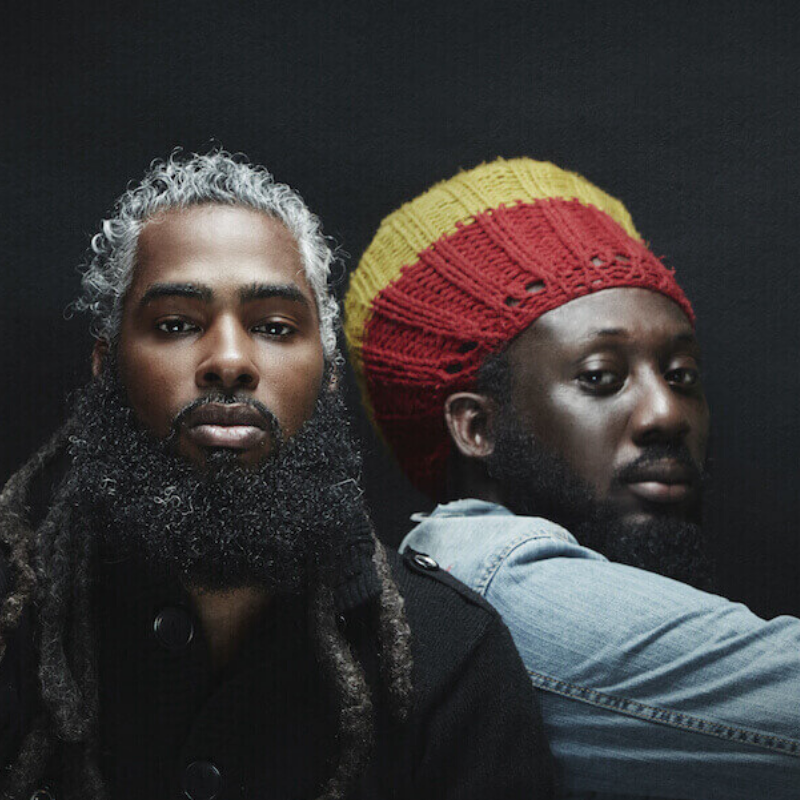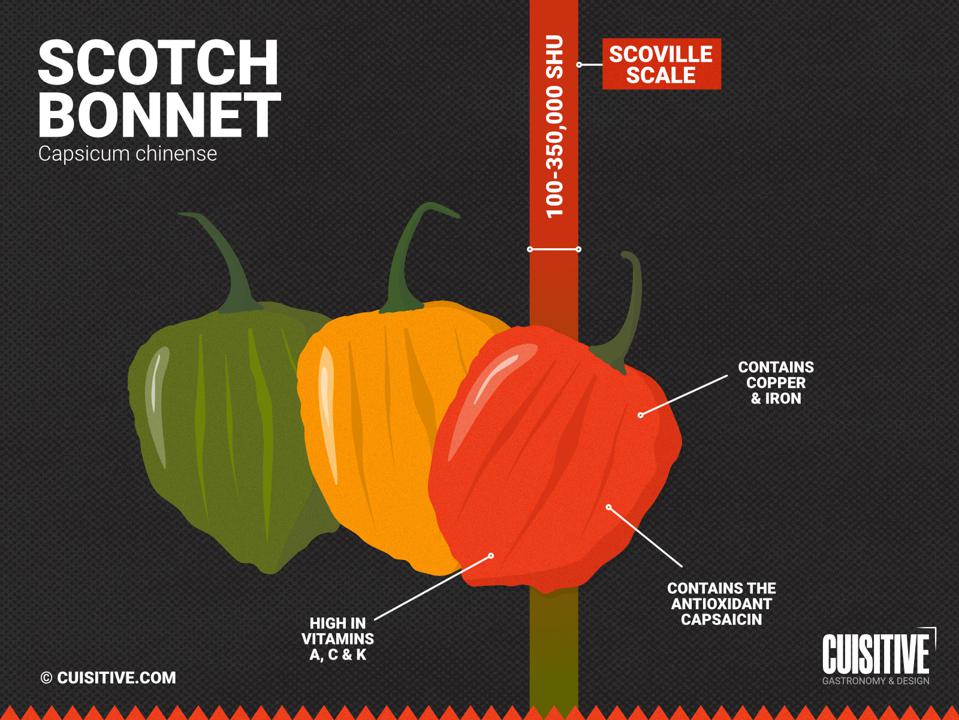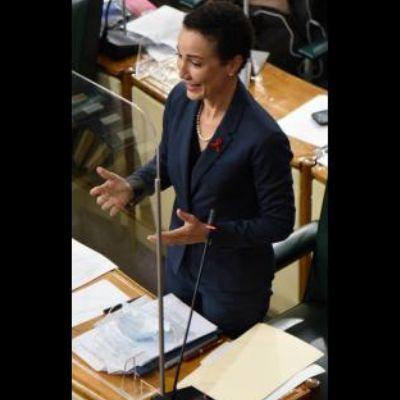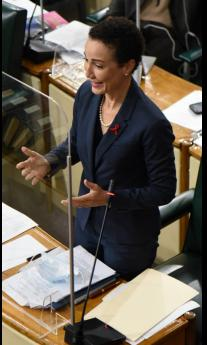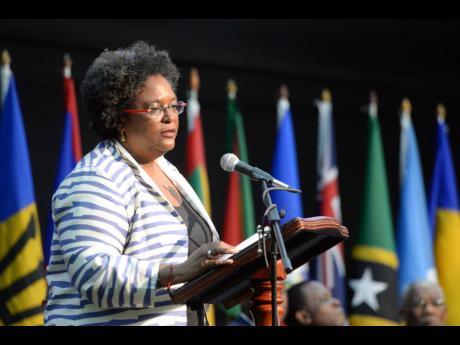The Caribbean is bursting with creative talent, much of which is in the music industry. Often, musicians start out honing their talent as a hobby, and struggle financially to make a viable living. Most Caribbean musicians use live performances as their main route to revenue generation, unlike artists outside of the region who have often been able to capitalise on generating revenue streams from digital platforms.
To support the artists’ leveraging the digital space, Caribbean Export Development Agency has hosted a number of initiatives, as part of the 11th EDF Regional Private Sector Development Programme (RPSDP). Since 2017, the Agency has worked with Business Support Organisations (BSOs) specifically the Coalition on Services Industries (CSIs) from across the region to enable those involved in the industry to participate in the Business of Music (BOM) online self-learning platform and face to face workshops. In 2019, a new dimension was developed to this training involving instructor led webinars followed by a two-day workshop in collaboration with COSCAP (Copyright Society of Composers, Authors and Publishers Inc.) and the National Cultural Foundation (NCF) and the ‘knowledge company’ Music Ally Ltd in Barbados. Most recently, in the midst of the coronavirus pandemic, the Agency embarked upon a 60-hour Virtual Regional Song Writing and Music Production Training workshop. Supporting the development of artists beyond hobby-type endeavours was a key driving factor for this workshop.
Coordinated by Herric Horne, a Vincentian Music Executive and owner of Island Network Inc., a full-service artist management and music development company, the workshop hosted some 35 singers, songwriters, and producers from across the Caribbean.
“There was a lot of enthusiasm when it came to certain topics such as how do you monetize your intellectual property and create different revenue streams. The struggle is to get the mindset of the practitioner right, get them to understand that we operate a business and understand how to run the business. In a global context, we are rich in talent like any geographic location but in terms of business opportunities, we need to be on a bigger playing field with the bigger players to yield that return that is due to us,†Mr. Horne said.
The Virtual Regional Song Writing and Music Production Training workshop was developed in collaboration with the OECS Competitive Business Unit and resulted in some 23 tracks being produced for a virtual showcase aimed at international music executives.
To develop the tracks, cross-genre collaboration was encouraged with participants; artists, producers, songwriters from different countries working together and leveraging skills of expert producers. Lead tutor Shamel Hughes (USA) together with De Red Boyz (Barbados), Parry Jack (St. Vincent and the Grenadines based in USA), Kasey Phillips (Trinidad and Tobago based in USA), Krishna Lawrence (Dominica), Christopher Birch (Jamaica) and Grammy Award winning Marcus Allen and Andrew Clifton (USA) proved invaluable for participants .
Latin Will, an artist and producer from the Dominican Republic, shared that production was his most favourite part of the training. Participants were placed in seven groups and rotated daily to work with seven expert industry producers. “I’m a mix engineer but I learned from some amazing mixing and mastering tricks from our tutor Shamel Hughes. I also learnt how to work with people with many different dialects.†He also added, “Caribbean music is one of the most influential around the world and it is the most underappreciated.â€
Expert producer Krishna ‘Dada’ Lawrence whose portfolio includes the 2019 road march hit, ‘Famalay’ which feature soca sensations Machel Montano, Skinny Fabulous and Bungi Garlin worked directly with participants to produce a cadre of songs and had nothing but praise for the workshop’s organisers. “I think it’s important that we continue those training camps. Collaboration within the islands is paramount to the development of the Caribbean music industry. We are all unique; sharing and working with each other is the best way to sell and promote our uniqueness,†he said, adding that attention also needed to be given to legalities, ownership, copyright and the fundamentals of running a company.
The 23 tracks were produced with videos and aired virtually in a live music showcase in December 2020 to major record labels, promoters, music scouts, distributors from the US, Europe and Asia. “We are targeting buyers from Europe, North American, Africa and the hip hop industry. Trying to maximize the returns on these intellectual properties is our first step, then we will come back and look at developing artists from the camp, assigning them songs and building their careers. Everyone stands to benefit, artists, producers, song writers, as all rights have been assigned to them.â€
The response to the showcase was extremely positive, with requests for follow-up meetings and negotiations with international music distributors. As we approach the 2nd year of the pandemic, we look ahead to continued collaboration and support making a business out of music.

